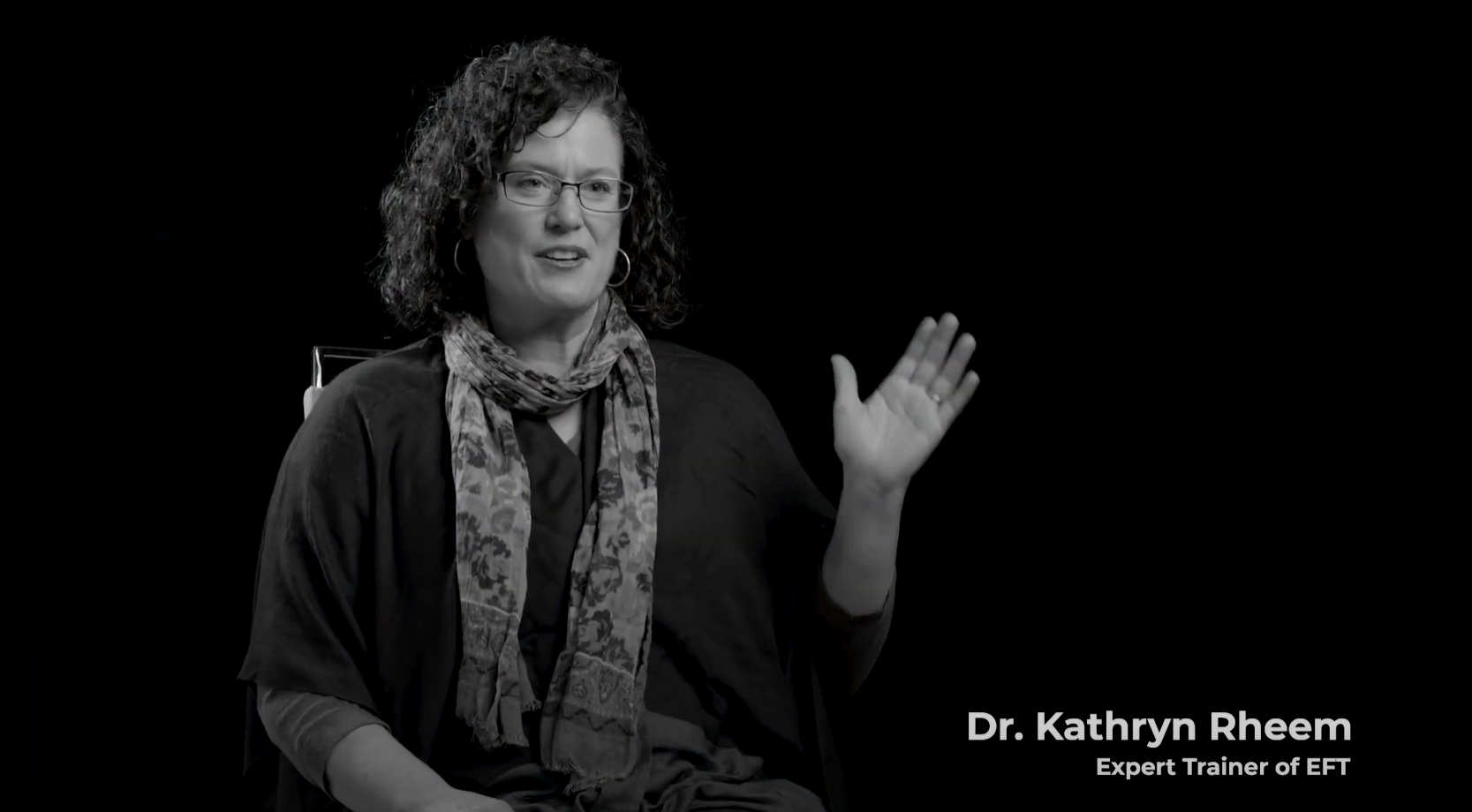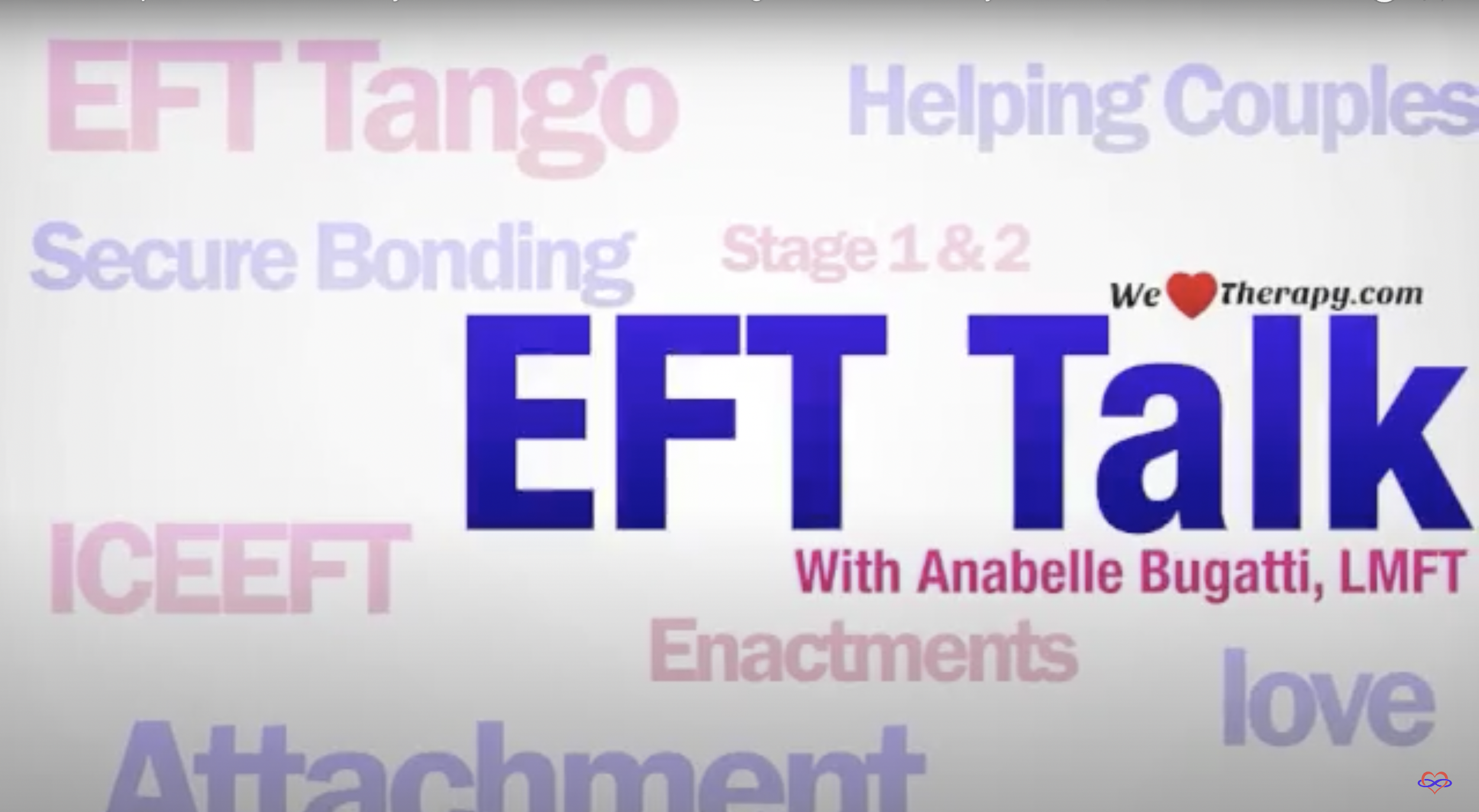
Emotionally Focused Therapy
EFT is a gold standard evidence-based therapy, supported by randomized controlled trials and over 30 years of research.
What is Emotionally Focused Therapy?
The research is clearer than ever that emotion is the messenger of love. To connect with the ones who matter most, we must learn how to send a clear and consistent emotional signal. Healthy relationships not only need emotional connection, they require it. EFT helps clients learn not only to become more open and trusting with each other, but also how to reach out for one another more effectively.
Based on the neuroscience of attachment and emotion, EFT is an empirically validated approach which helps couples and families de-escalate patterns of conflict and restructure their relationships. By focusing on the deeper emotional aspects of relationships and conflicts, EFT helps couples, families, and individuals to break out of toxic patterns and have new corrective emotional experiences.
The EFT therapists at RCA provide mental health therapy and education for distressed couples, families, and individuals. We help our clients to create better communication, achieve and experience emotional clarity, and increase the trust, security, and comfort within couple and family interactions. With EFT, we help you to grow your relationships and better your life.
The Research on Emotionally Focused Therapy
Emotionally Focused Therapy is a gold standard evidence-based therapy, supported by randomized controlled trials and over 30 years of research.
More from Kathryn on the Basics of EFT
"Relationship distress is the single most common reason for seeking therapy. It undermines family functioning and is strongly associated with depression, anxiety disorders, and alcoholism. EFT for couples offers a comprehensive theory of adult love and attachment, as well as a process for healing distressed relationships. EFT recognizes that relationship distress results from a perceived threat to basic adult needs for safety, security, and closeness in intimate relationships. This experiential/systemic therapy focuses on helping partners restructure the emotional responses that maintain their negative patterns of interaction. Through a series of nine steps, the therapist leads the couple away from conflict deadlock into new bonding patterns. Over the past 30 years, Sue Johnson and her colleagues have developed and rigorously researched this short-term approach in couples therapy. It is now one of the best delineated and empirically validated approaches in the field of couples therapy."
— International Centre For Excellence In Emotionally Focused Therapy (ICEEFT) Brochure


